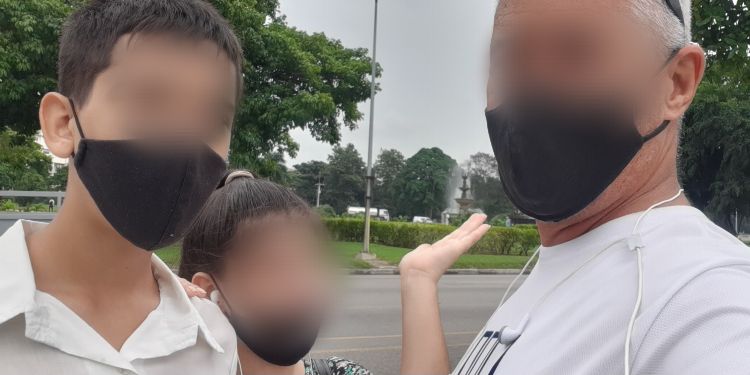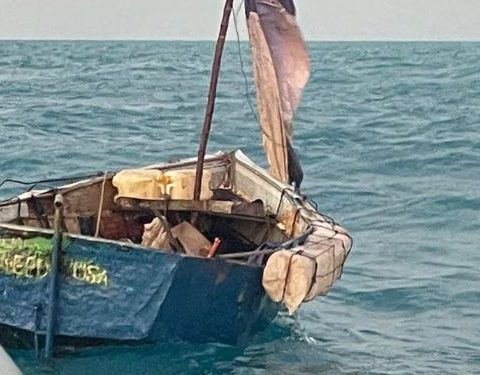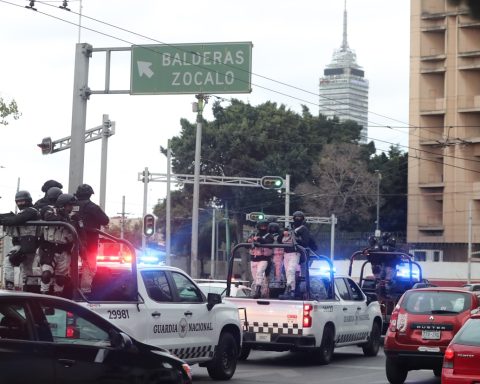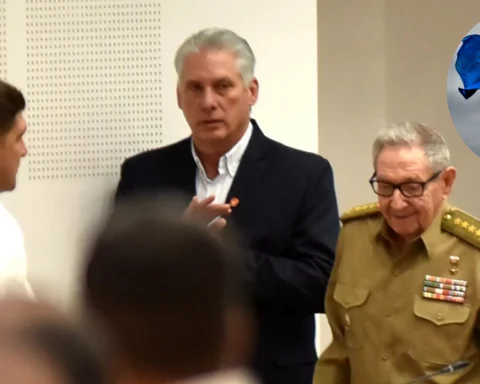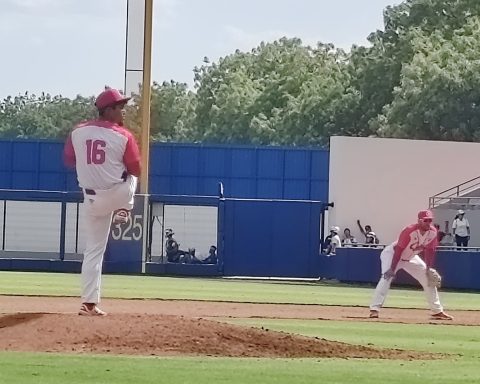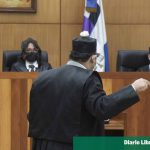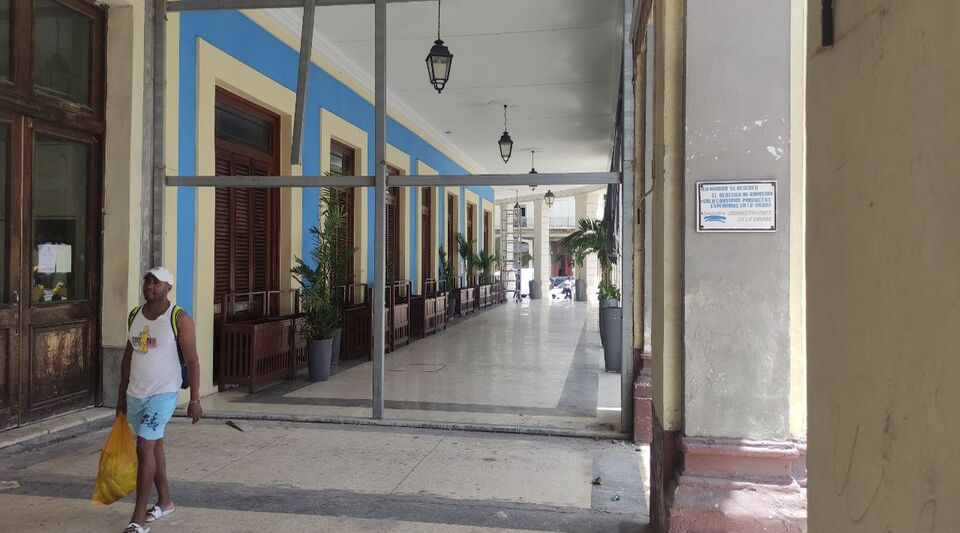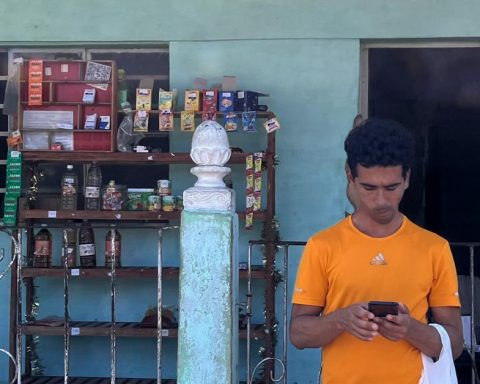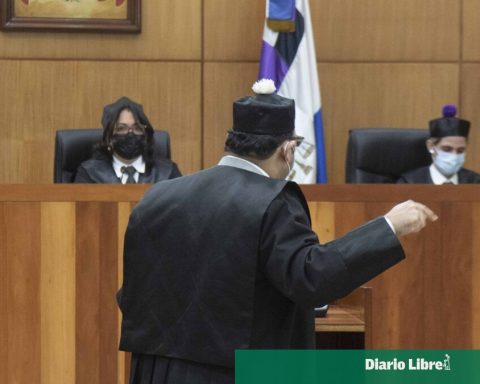Havana Cuba. – In less than 11 months, the sentence of Nelson Canales Hernández expires, a Cuban prosecuted for “lewd abuse” who, from prison, threatens to attack the girl he assaulted for eight years and the father of the minor.
In June 2020, Canales Hernández was sentenced to three years in prison for committing lewd abuse against his stepdaughter, who was only four years old when she began to be his victim.
However, there are three other complaints against him, filed for harassing the girl and her father through phone calls made from the prison camp where he is being held. In them, she blames both for the sanction she is serving and assures that, once released, she will seek “revenge”.
“In his cynicism we are the bad guys. My daughter, for ‘letting herself’ be abused and me for denouncing him as the sexual predator that he is. She says that we will see each other’s faces soon, that he is going to stab me in the neck and leave me lying on the stairs of the building, “says Carlos *, father of the minor, whose story was published by CubaNet last january 13.
The first call made by Canales Hernández to Carlos and his daughter dates from March 22, 2021. This contact generated a first complaint that was made the following morning at the Fourth Station of the National Revolutionary Police (PNR) in the Cerro municipality. The other two complaints were made on days following the other calls from Canales Hernández, on March 24 and April 13, 2021, respectively.
From the beginning, they should have been registered as an “attack”, as established by the Criminal Procedure Law. Even so, and despite the claims, they were collected as a “threat”.
In this regard, the independent lawyer Edilio Hernández Herrera specifies that commits a crime of attack whoever exercises violence or intimidates a person or their relatives for having contributed to the execution or application of laws or general provisions.
“In this case, the difference is that the accusation for threats has a maximum sentence of one year in prison, while for an attack the Prosecutor’s Office can ask for one to three years,” Hernández Herrera explained.
According to Carlos, from the first complaint, the Police questioned the veracity of the evidence presented, consisting of a CD with the recordings of the calls and the screenshots of his cell phone with the times in which they were made.
As an argument, the Police use that Canales Hernández was confined and without access to a telephone. In addition, in the report delivered to the instructor in charge of the case, the PNR omitted the call made by Canales Hernández on the morning of April 13.
ETECSA, for its part, placed the first call in the Guanabo district, where there are no prisons.
“It is evident that ETECSA manipulated the report. I can’t say intentionally, but I don’t believe in coincidences either. I keep the record of the call on my phone and they have never wanted to accept it as proof that the call existed,” said Carlos, who in the last decade has suffered multiple reprisals for calling for political changes in the country and exercising independent journalism.
The authorities insistently asked Carlos to hand over his telephone so that specialists from the Ministry of the Interior (MININT) could extract the calls and corroborate the authenticity of the recordings used as evidence, even though that record could be provided by ETECSA.
“I made it clear to them that I was never going to give it to them. All opponents know that if our phone goes through a MININT laboratory, the least that can happen is that they put some program on you to spy on your communications or the phone breaks, “he argued.
no way out tangles
After several months of waiting, Carlos was summoned for January 28 at the Fourth Police Unit. There he was interviewed by a first lieutenant who introduced himself as Yanieska and a senior officer who did not identify himself. Next to them was the prosecutor Jessica Frías Pérez, who said that in addition to being in charge of the case, she was the deputy prosecutor of the municipality.
Carlos points out that, until that moment, the prosecutor had not heard any of the recordings. However, after listening to them, she had to accept that Canales Hernández had not been deprived of the benefit of telephone communication.
The fear of Carlos and his children increased on February 21, when their home suffered an attempted forced entry during the day. Although the Operational Guard of the PNR carried out the criminal investigation, to date the identity of the person who tried to access the apartment, located in a multi-family building in Cerro, is unknown.
Due to the insecurity generated by the new threat, on April 27 Carlos met with the municipal director of Housing del Cerro, with the purpose of giving up his home in exchange for a place whose location is unknown to Canales Hernández.
“I wasted time, because supposedly he doesn’t deliver the premises and he doesn’t have a housing fund to change my house, even though I was willing to change my apartment for something much smaller. That didn’t matter, what I’m looking for is security for my children and for myself,” Carlos said.
With the complaints sailing from one office to another without the criminal investigation process against Canales Hernández being concluded, Carlos fears that his daughter’s abuser could be released before the authorities decide to hold a new trial.
“The only thing I ask is that my rights be respected like those of any other citizen of this country, that the Police and the Cerro Prosecutor’s Office do their job. I blame them for anything that mental patient can do to us; It’s his responsability. It seems like a situation that they want to foster,” Carlos concluded.
* Respecting his will, in this report the name of Carlos is used to protect the identity of the interviewee.
Receive information from CubaNet on your cell phone through WhatsApp. Send us a message with the word “CUBA” on the phone +1 (786) 316-2072, You can also subscribe to our electronic newsletter by giving click here.
